
Sezgin Tanrikulu, a Kurdish politician from the main opposition Republican Peoples' Party (CHP), believed the resumption of talks with the PKK aimed to create an environment so that Erdogan can be elected as president in 2014. "This is same game that was played out on the eve of 2011 national elections," he said.
However, some Turkish experts are not so optimistic, saying solution to Kurdish problem will not be found easily as the PKK issue complicates the government's efforts to secure Kurdish block and it may even backfire on the government if the fresh talks with PKK end with nothing.
Emre Uslu, a expert of terrorism, said he does not hold much hope for the resolution of Kurdish problem in 2013. "What I can say is the formation of a very fragile ceasefire. But both the PKK and the government need such a ceasefire, as the PKK is busy maintaining its gains in Syria and the government is entering an election period," he said.
The PKK frequently resorts ceasefire tactics especially during harsh winter time and resumes violence when the spring comes. The Turkish government had conducted secret talks with the PKK in Oslo in 2010 but it was interrupted in 2011 following a deadly PKK attack.
Some observers believe PKK, weakened by the recent wave of military operations, tries to recollect itself from the severe blow it had received.
 |

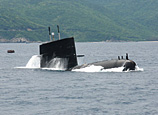

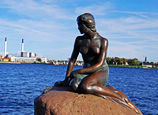

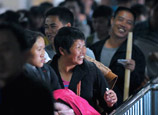

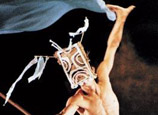
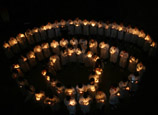







 Beijing fantasy emerges in dense fog
Beijing fantasy emerges in dense fog


![]()
